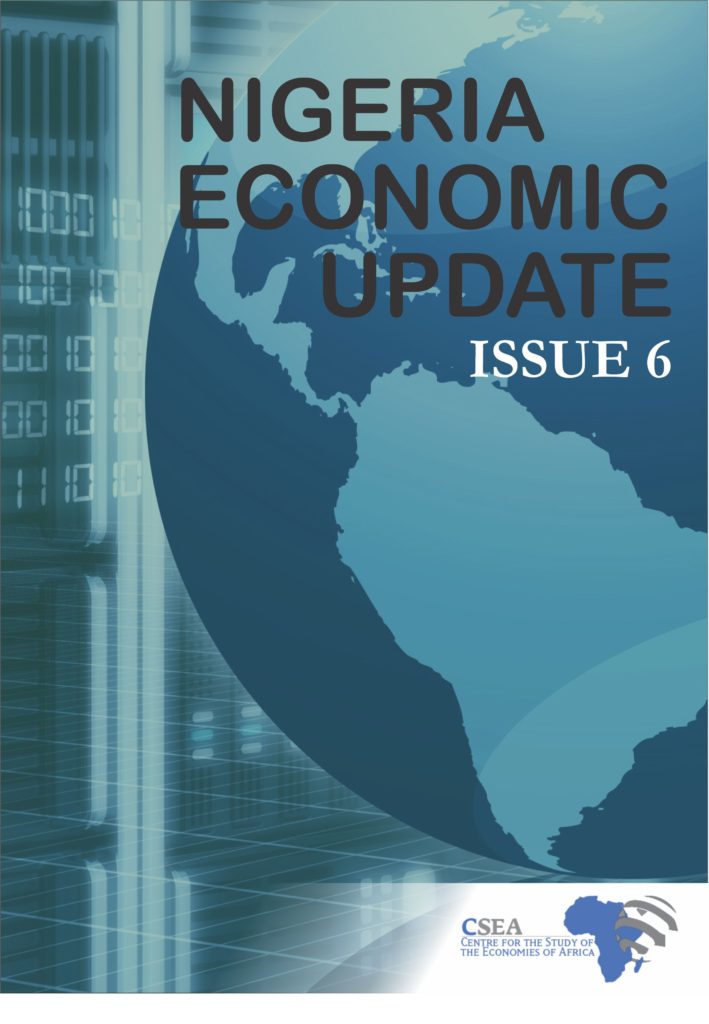The federal government fiscal operations in 2017 shows that there were deficits for the four quarters recorded. The CBN report reveals that the federal government spent a total of N147.11 billion on capital expenditure in the four quarters (including a 2016 fiscal year roll-over due todelay in approving the 2017 budget), and N3.64 trillion as recurrent expenditure in 2017. Capital releases suggest that only about 6.6 percent of budgetary amount of N2.24 trillion was spent in the fiscal year, while recurrent expenditure represented 72 percent of N5.06 trillion budgeted
for the year. Nigeria’s recurrent expenditure has always exceeded capital expenditure for infrastructure, however, the delay in the passage of the 2017 budget (in June 2017) may have triggered the slow-down in capital releases. Nonetheless, the 2017 budget is still being followed, given that the 2018 budget has not been passed. Going forward, the process of the 2018 budget release should be expedited, as delay in budget sends negative signals to foreign investors which could make them divert capital investment to other countries.
Macroeconomic Report & Economic Updates

March 10, 2018
Nigeria Economic Update (Issue 6)
The federal government fiscal operations in 2017 shows that there were deficits for the four quarters recorded. The CBN report reveals that the federal government spent a total of N147.11 billion on capital expenditure in the four quarters (including a 2016 fiscal year roll-over due todelay in approving the 2017 budget), and N3.64 trillion as […]
Read →
Related
Nigeria Economic Update (Issue 40)
Global crude prices settled lower in the review week (September 29 to October 6, 2017). Precisely, a barrel of Brent crude sold for about $56, showing a 6.3 percent decrease. Nigerias Bonny light exchanged at $56.76 per barrel as at October 6, 2017. The draw down in price may be attributable to indications of higher output, as revealed by the addition of more production rigs by the U.S, rise in Iraqs crude exports and survey showing OPECs overall boosted supply.
Nigeria Economic Update (Issue 36)
Recently
released GDP figures reveals that the three major sectors recorded positive and
negative growth rates individually in 2017Q2. Firstly, Agricultural
sector grew Year on Year by 3.01 percent, down from 3.39 percent in 2017Q1- driven by
weaker output in crop production and Fishing sub-sectors. This is not
unconnected with the planting season and the shortage of grainsfor livestock/fish respectively.
